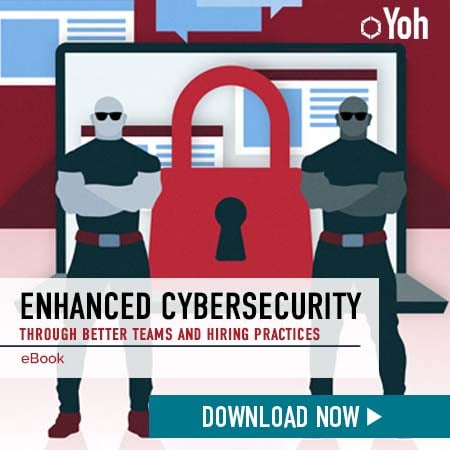Product Engineering
Experienced Engineering Talent
ENGINEERING TOMORROW'S TECH TODAY
15+ Years of Product Engineering Subject-Matter Expertise
Yoh knows Product Engineering
Yoh Product Engineering is your trusted partner for software and hardware support. Backed by industry-leading expertise, we provide skilled teams to plan, implement, and support complex projects. From initial concept through to completion, the highly skilled professionals in our network cover every phase of the product development lifecycle. Turn to Yoh to help ensure your projects are delivered on time, within budget, and to the highest quality standards.
Leveraging over 15 years of product engineering experience, Yoh offers a comprehensive range of services and best practices to consistently deliver high-quality resources. With a dedicated focus on Product Engineering, our subject-matter experts (SMEs) offer consultative guidance to ensure that delivery timelines and milestones are met.
PRODUCT ENGINEERING SERVICES
SOFTWARE DEVELOPMENT
Whether you’re developing innovative consumer applications, building robust networking protocols, or creating seamless connectivity solutions, our team has the technical depth and creativity to help you solve your most complex software challenges.
HARDWARE DESIGN
From circuit design and system architecture to power systems, validation, and prototype development, our team brings a unique blend of knowledge and innovation to help you achieve even the most ambitious hardware design goals.
INDUSTRY EXPERTISE
- AI & ML
- Automotive
- Capital Equipment
- Cloud Infrastructure
- Consumer Device
- Cybersecurity Engineering
- Data Networking
- IoT
- Mechanical Engineering
- Medical Device
- Mobile Products
- Optical
- Semiconductor
- Storage
- Telecom
- Virtualization
- Video & Wireless Production
WHY YOH PRODUCT ENGINEERING?
A CONSULTATIVE APPROACH
We take the time to deeply understand your challenges, timelines, skill requirements, and company culture. Our consultative process ensures we deliver a fully customized solution designed to meet your unique needs and drive your project’s success.
DEEP PRODUCT ENGINEERING DOMAIN KNOWLEDGE
Yoh’s dedicated focus on Product Engineering has made us a trusted leader in providing top-tier talent for over 15 years. From software and hardware engineering to cutting-edge innovations, we empower companies globally to bring products to market faster and more efficiently.
Workforce solutions that flex with your business.
Recruiting Services
Need to scale fast with the right talent? Yoh connects you to specialized professionals who hit the ground running, whether you need short-term support, permanent hires, or full project teams.
Explore Recruiting Services >
Professional Consulting Services
Managing consultant-based projects is complex. We simplify it. Yoh assembles and oversees expert technology teams to keep your initiatives on track—from onboarding to day-to-day delivery.
Explore IT Consulting Services >
CLIENT SUCCESS SNAPSHOTS
AI Data Center Deployment
Learn how Yoh filled 40+ roles—from engineers to managers—earning the client’s trust as their exclusive staffing partner for contract and permanent hires.
Read More
Hardware Test Engineering
Learn how Yoh partnered with a leading manufacturer to enhance testing engineering, ensuring products are market-ready ahead of schedule.
Read More
Engineering Automotive Entertainment
Discover how Yoh partnered with a top automotive company to drive iOS engineering and innovation in-car entertainment.
Read More




